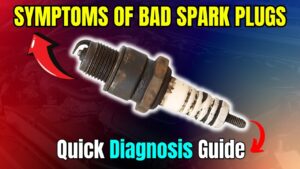JT400 Jump Starter and Battery Tester 2-in-1 – Power, Safety, and Convenience in One Tool
Picture this: it’s a rainy evening, you’re leaving work, you slide into your car, turn the key… and nothing. Just silence or that dreaded clicking sound. Your battery is dead. Normally, this would mean calling roadside assistance, waiting for a tow truck, or begging someone nearby for a jump. But with the JT400 Jump Starter and Battery Tester 2-in-1, you’re back on the road in minutes—no stress, no waiting, no worries. This little device is way more than just a jump starter. Unlike most tools on the market that can only jump your car, the … Read more











